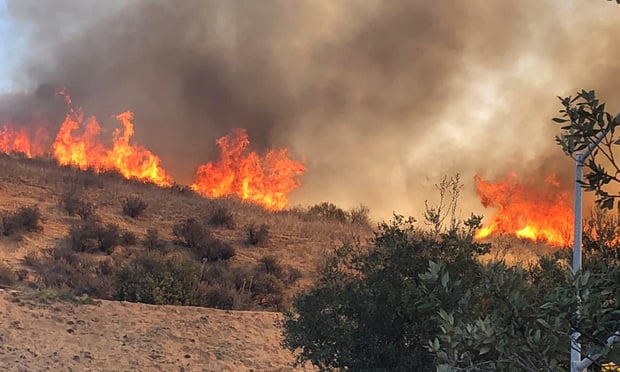Treasury Defends TRIA Research
By Matt Brady, Washington Bureau
NU Online News Service, April 20, 9:29 a.m. EDT, Washington?The Treasury Department yesterday told insurance groups criticizing its ongoing study of the primary and reinsurance markets' capacity to cover terrorism risk that its research is based in part on their guidance.
Trade organizations had written to complain that some Treasury survey questions relied on "incorrect assumptions."
In response, Assistant Secretary for Economic Policy Mark J. Warshawsky wrote to American Insurance Association Vice President J. Stephen Zielezienski that the Treasury is "very confident that the survey approach and methodology is sound."
Mr. Warshawsky's letter followed a letter communication from several insurance and reinsurance groups raising concerns that some of the questions in the survey were based on wrong assumptions that could undermine its accuracy
The treasury official noted however that, "the insurer and reinsurer surveys were reviewed for clarity by some of the signatory organizations to your letter and other industry experts prior to being fielded."
Mr. Warshawsky also said that detailed comments received from those reviews were "very helpful" and that the questions were further refined based on those comments by Marsh and Guy Carpenter under a consulting agreement between the two companies and the survey contractor.
"In addition, survey questions were field tested," he said. "Therefore we believe that the survey questions will generate reliable and consistent information. We are confident that the surveys will yield important information for the report to Congress."
In their letter, which was sent to the Treasury last week, the industry groups said it was "troubling" that "the [Treasury] surveys may not produce relevant data. This result may occur either because some questions make incorrect assumptions about the operation of TRIA or the effect of terrorism exposure, or the questions are not sufficiently detailed to provide an accurate view of a particular company's experience."
However, Mr. Warshawsky noted that the Treasury will also use "significant amounts of information from sources other than the survey" in compiling its report.
He said the department would especially use those sources in assessing "the likely capacity of the property and casualty insurance industry" to offer terrorism coverage after the program expires.
"For example," he wrote, "we will consider insurer financial data from NAIC and A.M. Best and have had extensive discussions with experts from insurance and reinsurance industries, statistical service agencies, brokers and industry rating agencies."
The study of the primary and reinsurance markets' capacity to provide coverage for terrorism risk was required under the Terrorism Risk Insurance Act. That legislation also established the federal backstop for terrorism losses, and the Treasury's report is expected to be an important factor as lawmakers determine whether to extend the program beyond its current sunset at the end of this year.
Report updated 6:47 p.m.
Want to continue reading?
Become a Free PropertyCasualty360 Digital Reader
Your access to unlimited PropertyCasualty360 content isn’t changing.
Once you are an ALM digital member, you’ll receive:
- Breaking insurance news and analysis, on-site and via our newsletters and custom alerts
- Weekly Insurance Speak podcast featuring exclusive interviews with industry leaders
- Educational webcasts, white papers, and ebooks from industry thought leaders
- Critical converage of the employee benefits and financial advisory markets on our other ALM sites, BenefitsPRO and ThinkAdvisor
Already have an account? Sign In Now
© 2025 ALM Global, LLC, All Rights Reserved. Request academic re-use from www.copyright.com. All other uses, submit a request to [email protected]. For more information visit Asset & Logo Licensing.








